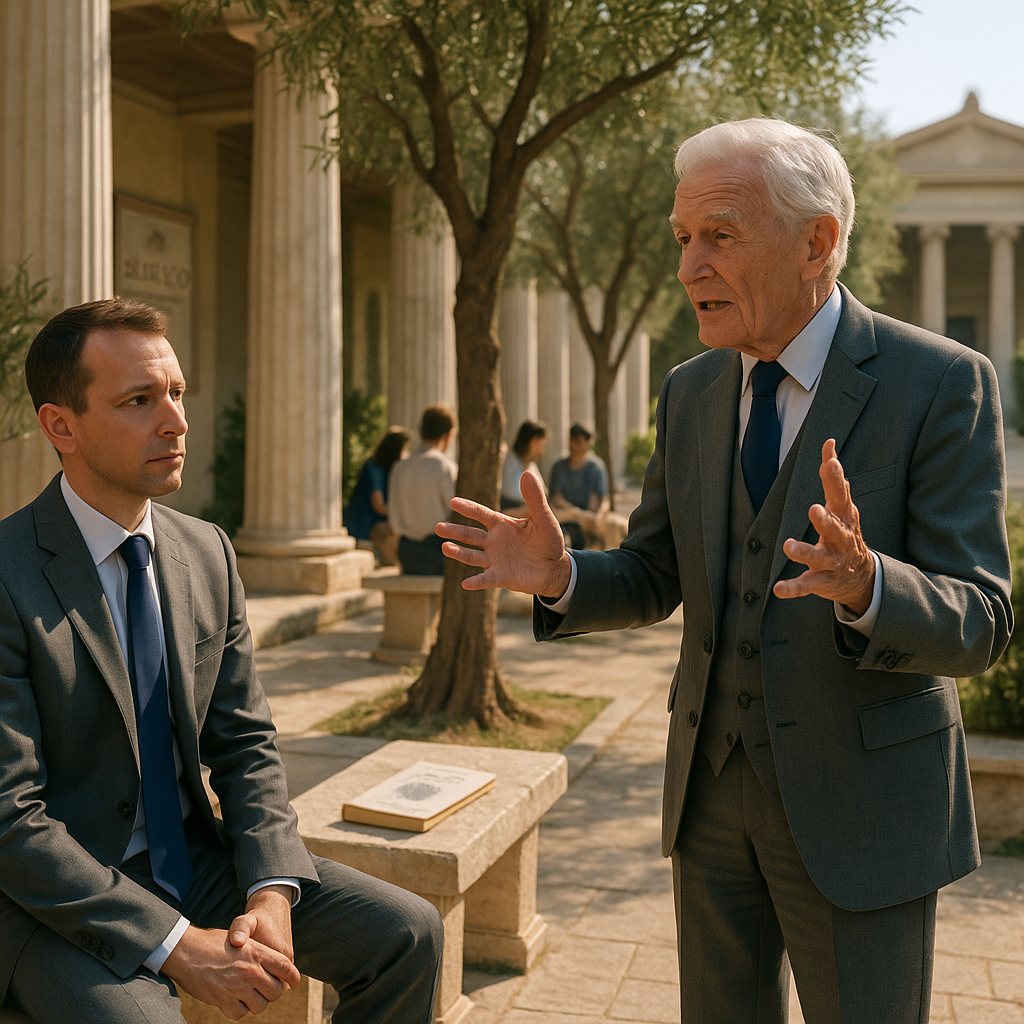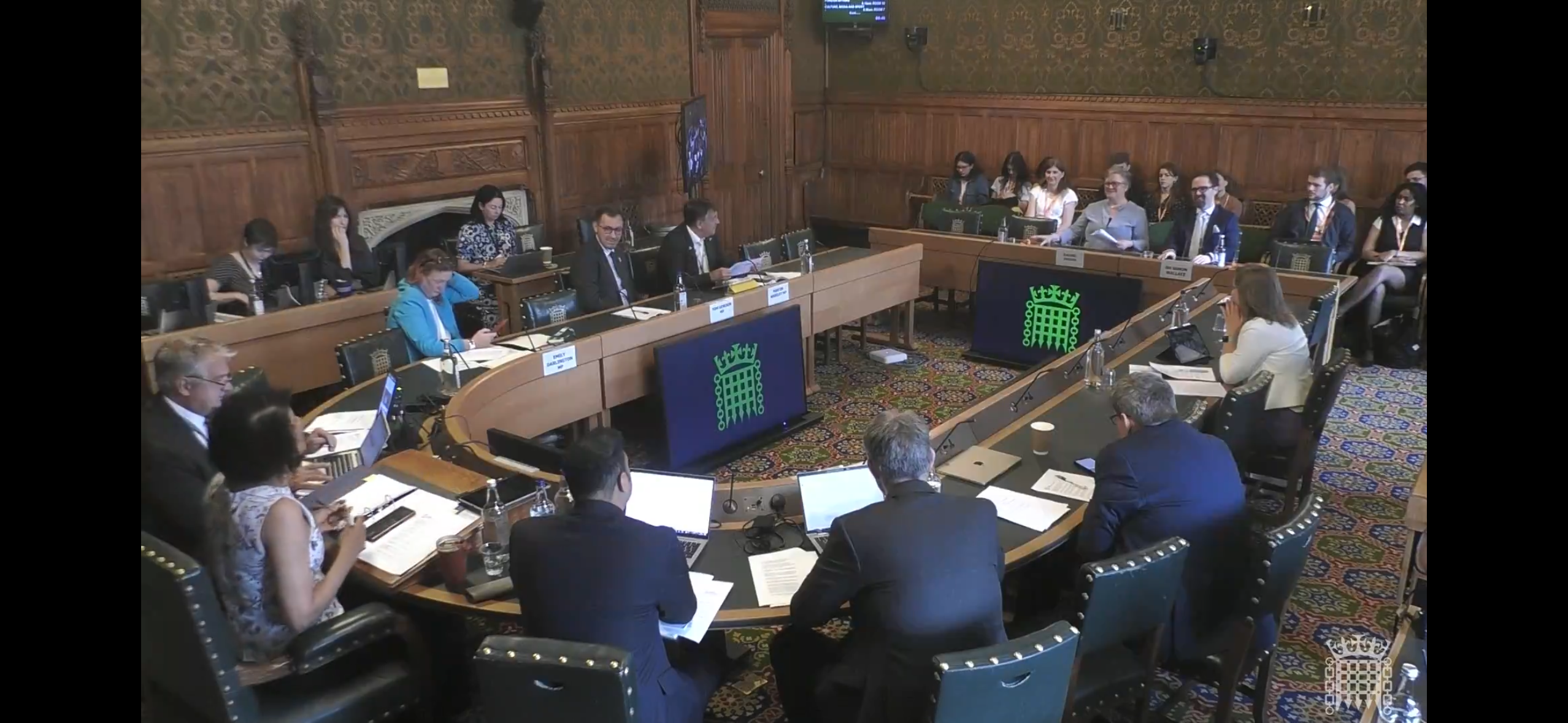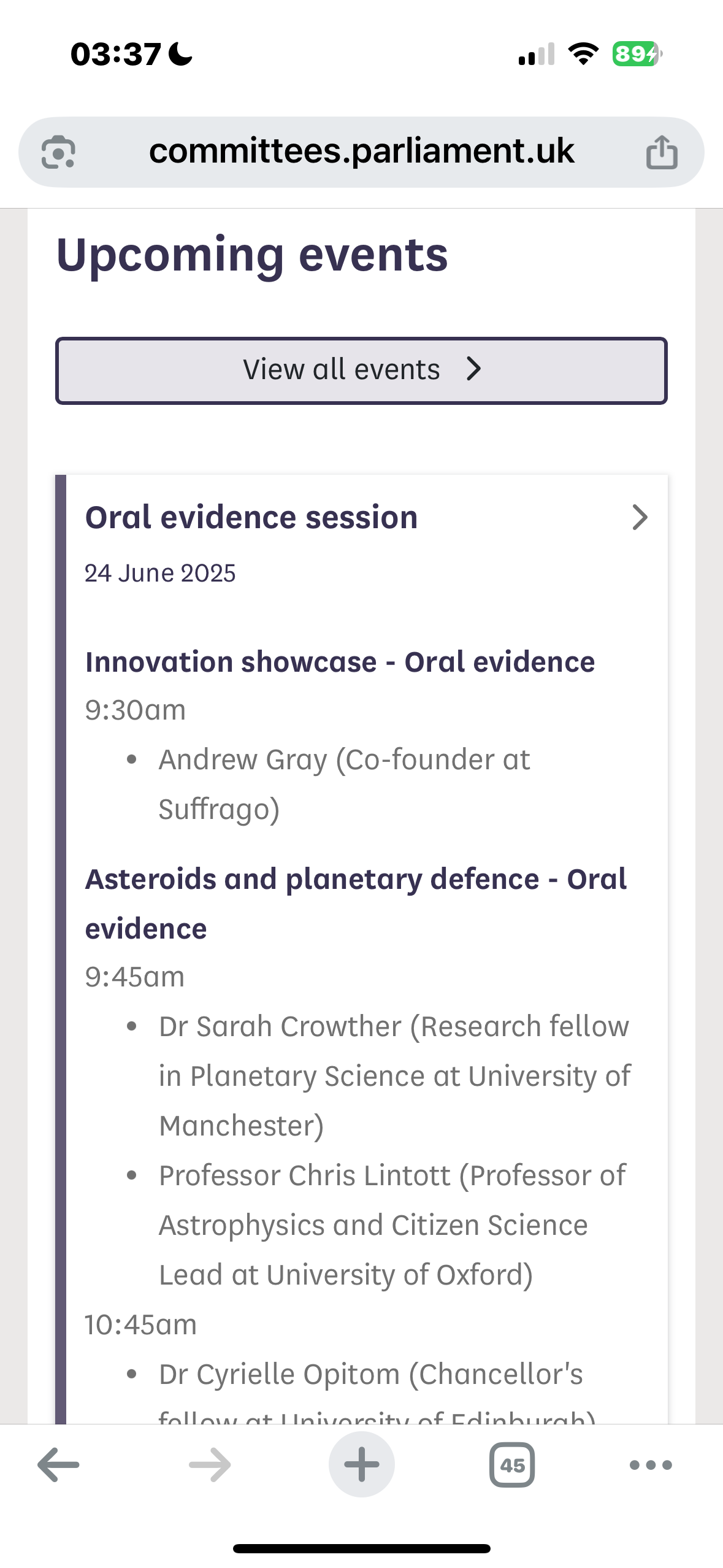Unleashing Infinite Political Potential With AI
Since standing as the first AI-powered candidate in an election in July 2023, I have spoken to dozens of fascinating people all around the world who want to upgrade [...]
Find out more about my consensus-based technology at Crowd Wisdom Project
Find out more about my consensus-based technology at Crowd Wisdom Project
Since standing as the first AI-powered candidate in an election in July 2023, I have spoken to dozens of fascinating people all around the world who want to upgrade [...]
Introduction and Welcome A warm welcome to my avalanche of new subscribers. I’m humbled to have you. Let’s get to it. My Legal Experience In two decades as a [...]
Legend has it that when Vikings invaded a new land, they would burn their boats on the beach, so that a retreat wasn’t an option. Their rationale: this would increase [...]
You might find the scope of the legal market a dull topic. But let me show you how it’s woven into the fabric of an average Brit’s day-to-day life. For [...]
Picture this scene: we're in a café with two average Brits, Joe and Josephine. Unbelievably, two aliens suddenly join them for coffee and cake, as never happens. Shock subsiding, the [...]
North Yorkshire’s sudden slide into winter destroys my mood like nothing else. Turning the heating on today - when just a few days ago it was sunbathing weather - [...]
It’s 8pm - vino-o-clock! – here in Puerto De La Cruz, Tenerife. I’m doing something most un-Spanish: dining solo. Sitting here on the veranda of a locals’ restaurant, near to [...]
Slowly, step by step, I am walking up Casterton Fell in North Yorkshire. My son is somewhere ahead of me. My wife and daughter are – surprisingly – somewhere behind. [...]
After years of studying, travelling and bumming around, I finally started my job as a trainee lawyer on Monday 15th August 2005. The workday went well. That evening, full [...]
As a six-year-old, I had a crush on a classmate. I’ll refer to her as ‘S’. One pleasant summer’s day, our family went on a walk, along a former railway [...]

Read
This Article

Read
This Article

Read
This Article

Read
This Article
Copyright Andrew Gray of Cosensus Politics Ltd. All rights reserved. Terms & Conditions | Privacy Policy | Cookie Policy
Website by The Micro Agency.
